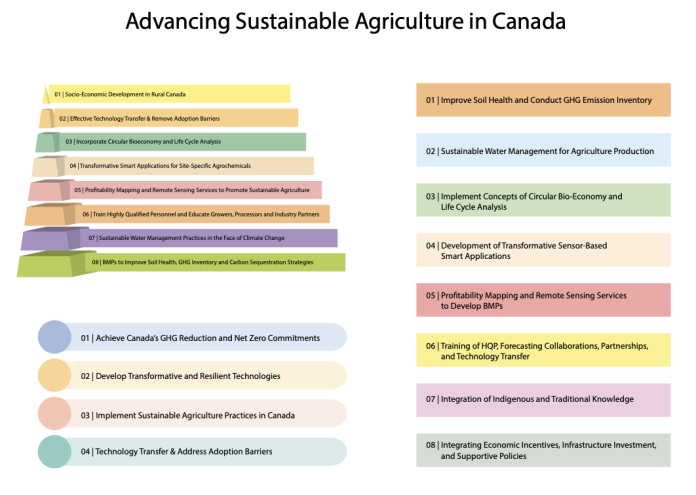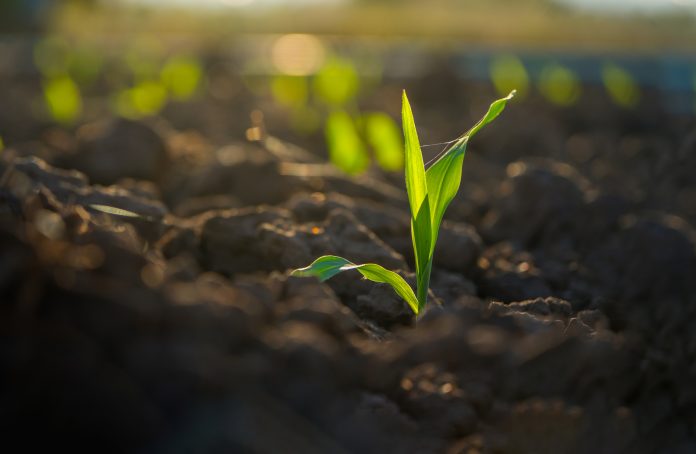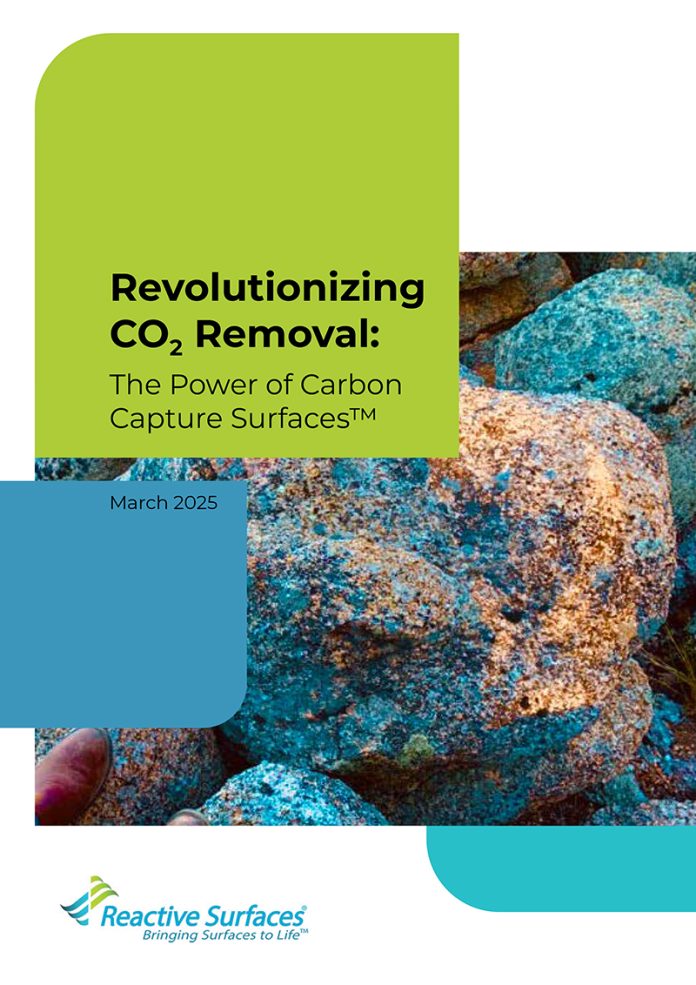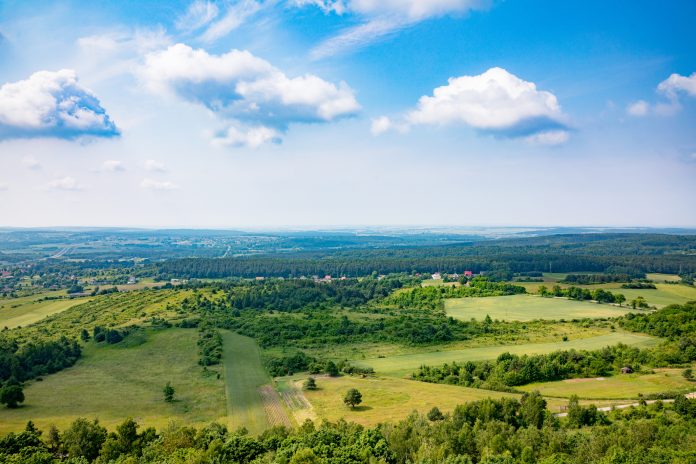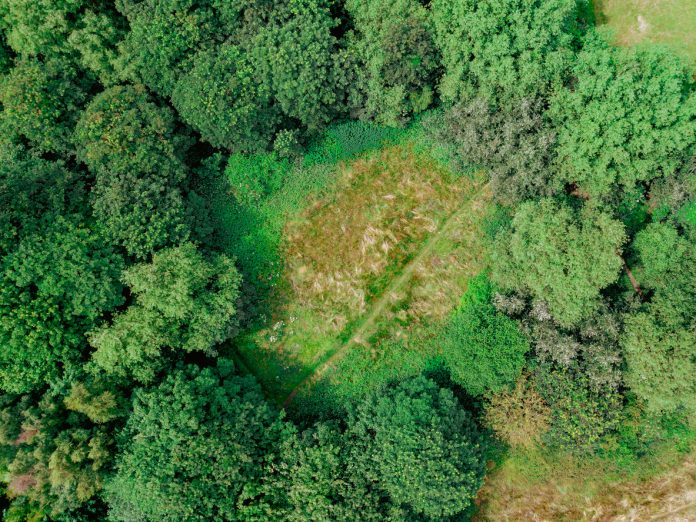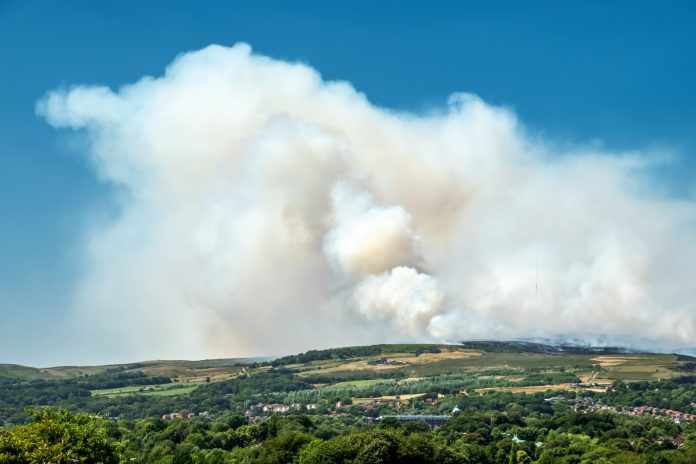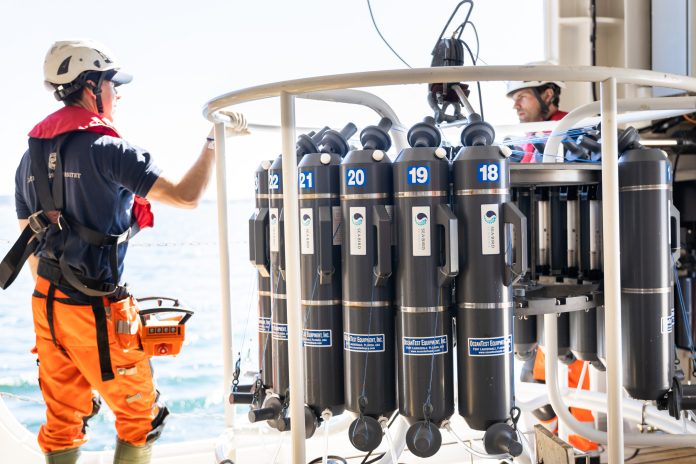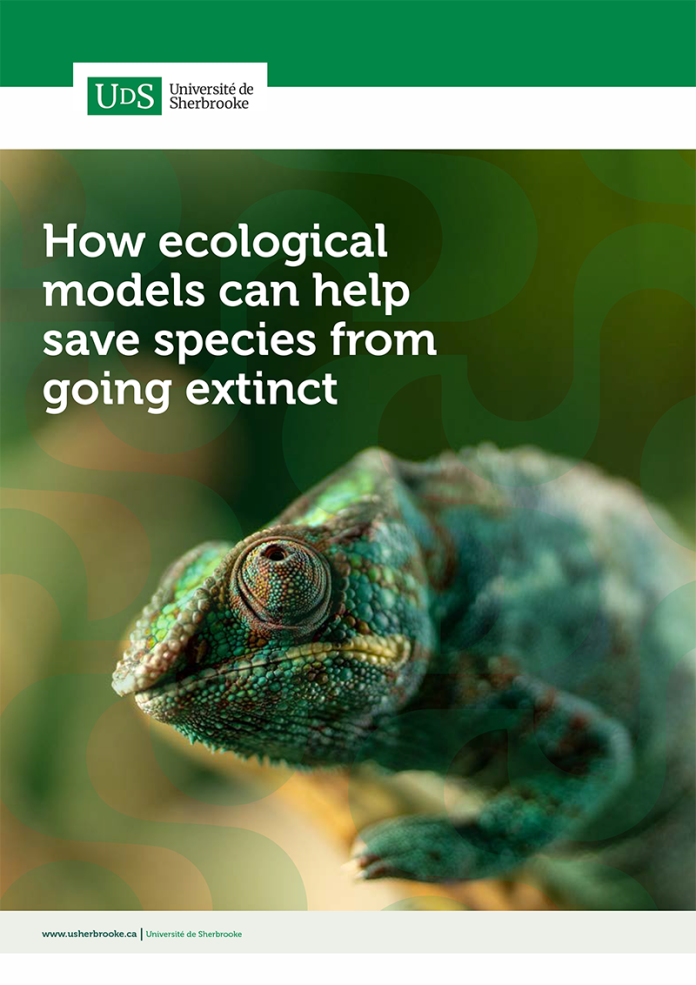Open Access Government produces compelling and informative news, publications, eBooks, and academic research articles for the public and private sector looking at health, diseases & conditions, workplace, research & innovation, digital transformation, government policy, environment, agriculture, energy, transport and more.
Home Search
conservation - search results
If you're not happy with the results, please do another search
UK public investment creates £3.3 billion boost to offshore wind sector
Public investments in environmental science are shown to be a major driver behind the UK’s wind industry. It delivers billions in economic value while also helping to protect the country’s marine environment.
The importance of integrated forest management
Integrated forest management is a fundamental concept for the sustainable provision of demanded ecosystem services and the simultaneous promotion of biodiversity in our forests. Prof, Dr Andreas Rigling from Forest Ecology, Department of Environmental Systems Science, USYS – ETH Zurich, explains.
Advancing precision agriculture for sustainable farming in Canada
Canada aims for a more sustainable and environmentally responsible agricultural sector, with precision agriculture playing a crucial role, according to Professor Aitazaz A. Farooque and Professor Qamar U. Zaman.
Freddie Ugo – Beyond Belief Brewing Co. (BBB)
Freddie Ugo is the co-founder and Head of Brand for Beyond Belief Brewing Co. (BBB), where he leads on brand development and environmental standards, bringing a scientific background and years of experience in FMCG decarbonisation to the forefront of sustainable brewing. With a deep commitment to circular economy principles,...
SoilTribes: Glocal ecosystems restoring soil values, roles and connectivity
This analysis explores how creativity, knowledge-sharing, and the empowerment of local communities can transform our understanding of soil value and protection, focusing on global and local ecosystems that restore soil’s values, roles, and connectivity.
AI deciphers plant DNA: Language models set to transform genomics and agriculture
Groundbreaking AI models are now deciphering plant DNA, treating genetic sequences like language. This innovation promises to revolutionise genomics and agriculture, offering unprecedented insights into plant biology and accelerating crop improvement for global food security.
Revolutionizing CO2 Removal: The Power of Carbon Capture Surfaces™
As the world desperately seeks effective, scalable technologies to tackle climate change and prevent the ubiquitous harm that unchecked global warming will have on humanity, innovative carbon dioxide removal (CDR) technologies are becoming more essential than ever.
The progress and future actions for the EU Biodiversity Strategy
With the European Union five years away from its Biodiversity Strategy for 2030, a new assessment has been released, revealing that although steps have been taken to protect ecosystems, progress needs to be accelerated to meet long-term goals.
UK launches world’s first 3D forest mapping satellite to help fight climate change
A British-made satellite is expected to launch on April 29, which will help in the global fight against climate change.
Intelligent document processing: Transforming public sector efficiency
Given the challenges public sector organisations face with excessive paperwork, Intelligent Document Processing (IDP) offers a solution to enhance efficiency by automating document capture, extraction, classification, and decision-making.
Global agriculture, marine, and coastal areas focus
Open Access Government addresses salient global environmental challenges, in particular, on the topics of international agriculture, marine and coastal protection.
UK supports the blue economy and climate action in the Philippines
To help strengthen marine conservation and climate resilience, the United Kingdom has launched its Climate and Ocean Adaptation and Sustainable Transition (COAST) programme in the Philippines.
Horizon Europe’s Cluster 6 funding
Horizon Europe, the European Union's flagship research and innovation program, continues its commitment to a sustainable future with its Cluster 6 funding initiatives.
UK Government announces changes to environmental regulation
The UK government has set various environmental regulations designed to promote economic growth and support nature recovery.
UK government proposes ban on heather burning to protect peatlands
The UK government has revealed new plans to improve the protection of peatlands, focusing on banning heather burning on upland peat areas.
The history of bird photography: What can it teach us?
The research of Karla McManus, Associate Professor at the University of Regina, explores the history of bird photography and discusses its lessons, including the evolving technology of photography and the printing press.
Securing the Baltic Sea’s built seascapes: Balancing innovation, security, and sustainability
Karina Barquet, Hans Liwång, and Torsten Linders explore how the Baltic Sea is evolving into a ‘built seascape.’ They highlight the necessity for cooperation and security strategies, alongside renewable energy and improved digital connectivity developments, to harmonize innovation with environmental protection.
Microbiomes should be incorporated into The One Health Joint Plan of Action
The One Health Joint Plan of Action was created by major international organizations to tackle global health issues related to human, animal, plant, and environmental health. This article emphasizes the importance of integrating microbiomes into this framework to enhance health systems and prevention strategies.
How ecological models can help save species from going extinct
There are more species with only a few individuals, while only a few species are common. “In biodiversity, there is commonness in rarity.”
Strengthening urban governance for inclusive and effective nature-based solutions
McKenna Davis, Senior Fellow and Coordinator of Nature-based Solutions at the Ecologic Institute, discusses the importance of strengthening urban governance to enhance the uptake and inclusiveness of nature-based solutions.



